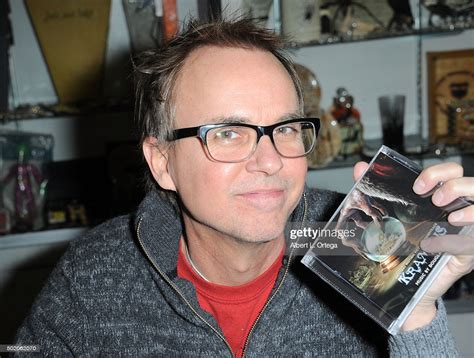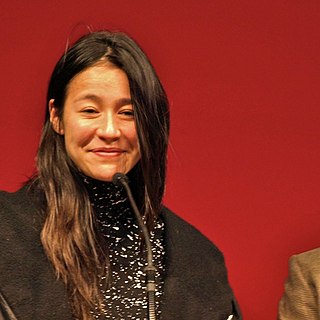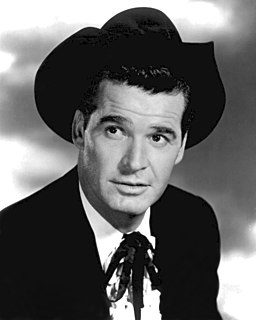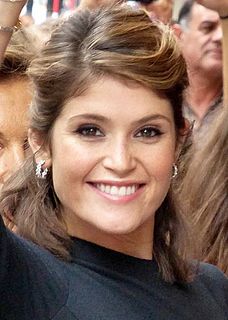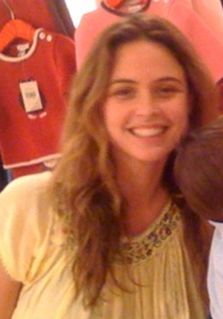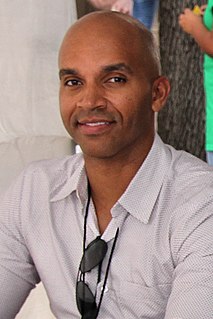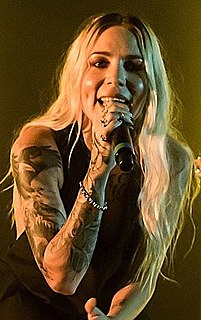A Quote by Shane Carruth
Cinematography was incredibly foreign to me, so I read as much as I could about it. Once I figured out that it was just photography with a set shutter speed, I got some slide film and I just went about storyboarding the script and taking snapshots. I took a ton of time doing it just to make sure I knew exactly what I was doing. By the end of it I knew what the film was going to look like - my exposure and the composition and everything. I wasn't scared of cinematography anymore.
Quote Topics
Related Quotes
I was playing in a band and was approached to score an independent film. I had never done it, but had written instrumental music, so I figured I could do it. Turns out I loved scoring the film, and took on another couple films before realizing that if I was to be an effective narrative composer, I should study the craft of composition. I stopped taking projects and got a degree in orchestral music composition, and followed that with film scoring studies. Near the end of my degree studies, I started taking on student films as a way to get back into film scoring.
Film team kept me very, very shielded when I was that young, because of course, I was seven years old. You know, you're still kind of reading. It's still kind of like, "Cat." "Dog." "Ann jumped over fence." So I guess in a way it helped me progress in school, too, because I was reading so much and memorizing so much. But they kept me very shielded from everything that was going on in the The Amityville Horror. I didn't know anything, basically, about the film. I just knew that it was a scary film. I wasn't allowed to watch it. I can watch it now, I'm just too scared.
As my passion is theatre when I do a film I'm taking time out from my theatre career. So, I'm desperate to get back into the theatre. So, I have to make sure that I put my foot down, especially with the agents and stuff, and say: "Hey no, I'm doing some theatre!" It is hard but it matters so much to me that it's just something that's going to be necessary and people will have to deal with it.
Normally my process is to sit in a room and read a script and talk about it and ask questions and just create a dialogue. That goes all the way through shooting. All kinds of thoughts and ideas can find their way in there. As long as you're all on - We're just all trying to tell the story so my job as a director is just to find out what this film wants to be based on, it's just words on a page at some point but then it just needs to go to some level of believable storytelling. I'm discovering the film as I make it, to some degree.
When you start out as an actor, you read a script thinking of it at its best. But that's not usually the case in general, and usually what you have to do is you have to read a script and think of it at its worst. You read it going, "OK, how bad could this be?" first and foremost. You cannot make a good film out of a bad script. You can make a bad film out of a good script, but you can't make a good film out of a bad script.
To retire by the age of 35 was my goal. I wasn't sure how I was going to get there though. I knew I would end up owning my own business someday, so I figured my challenge was to learn as much as anyone about all businesses. I believed that every job I took was really me getting paid to learn about a new industry. I spent as much time as I could, learning and reading everything about business I could get my hands on. I used to go into the library for hours and hours reading business books and magazines.
I'm just as intrigued by acting as ever. It's an ongoing process. There's no arrival. There's no point at which you say "Oh, OK, done it, got it." It just doesn't happen. And that's true of any creative endeavor. For me, it's just a lifelong interest. I'm very much interested in the craft. I started by doing plays and it took me a long time to feel comfortable doing movies, working with cameras. I felt like I was a theater actress pretending that I was a movie actress for quite a while. Now, I just love the process of working with cameras and being on a set and trying to put a film together.
I was just sort of young and went with the flow. It wasn't like I was 6 and knew I wanted to be an actor. I was thinking more along the lines of, I'm 6. When I was 20 I realized, I've never really thought about what I want to do. So I took a bunch of time off, stopped answering my phone, stopped doing anything. I'm pretty sure this is what I want to do, but I needed to be sure. It took me about two years to come around.
I don't come from a film background. I haven't learned anything about films or film-making. But I have a thirst to know everything about my profession. I want to learn about cinematography, about editing, about music recordings, about post-production. So when people in the know talk, I willingly listen.
I always knew I wanted to do music, but it took me a long time to figure out how to exactly do that. With my first record deal, everything kinda fell apart. I wasn't ready for it, I didn't know how to handle the business side at all. I thought as soon as I got a record deal, everything would fall into place and I wouldn't have to really do any work anymore. I could just make music, and be successful. Well that was not the case and everything fell apart for a period of time.

